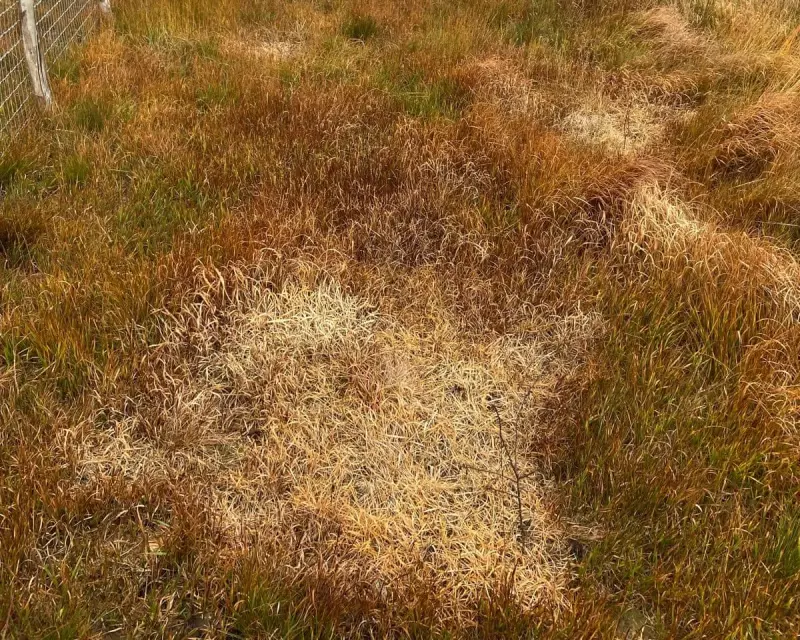
In a shocking act of environmental vandalism, willow trees planted on Prince William's Dartmoor estate as part of a major nature restoration project have been deliberately poisoned with herbicide.
The incident has triggered a police investigation and drawn widespread condemnation from conservation groups and local authorities. The targeted trees were specifically planted to combat peat erosion, store carbon, and reduce flood risks within the protected landscape.
Deliberate Sabotage of Conservation Effort
The vandalism occurred on Duchy of Cornwall land within Dartmoor National Park, where the young willow trees were growing in fenced enclosures designed to protect them from grazing livestock. The area holds protected status as a Site of Special Scientific Interest (SSSI), highlighting its ecological importance.
Experts examining the damaged trees believe the culprit used a potent herbicide, likely glyphosate, to kill the vegetation. The deliberate nature of the attack suggests careful planning, as someone would have needed to access the protected area specifically to spray the trees.
A spokesperson for Natural England confirmed that an official investigation into the tree poisoning is currently underway, though declined to provide further details while the inquiry remains active.
Critical Role of Peatland Restoration
The destruction strikes at the heart of ongoing efforts to restore Britain's degraded peatlands, which serve as crucial carbon storage systems and unique habitats. Across the UK, peatland has suffered significant damage from historical drainage and burning practices.
Willow trees play a vital role in preventing peat erosion because their extensive root systems help anchor the soil, preventing it from being washed away during heavy rainfall. The restoration project, funded by the South West Peatland Partnership, represented a key initiative in rebuilding vanished habitats and supporting nature recovery alongside sustainable farming.
Guy Shrubsole, author of The Lost Rainforests of Britain, expressed outrage at the incident. "This is an outrageous act of sabotage, one which points a dagger at the heart of efforts to restore nature in this part of the country," he stated.
"Dartmoor's commons are virtually treeless already – a result of centuries of overgrazing by sheep. To see even these tentative efforts at restoring trees subjected to deliberate vandalism is deeply disturbing, as is the failure so far to uncover the culprit."
Community Response and Restoration Pledge
The Duchy of Cornwall reacted with dismay to the vandalism. Emma Magee, Head of Communities and Nature for the Duchy, emphasized their commitment to Dartmoor's future: "We are committed to working with our partners to secure a better future for Dartmoor, and this recent action does not represent the collective commitment of Dartmoor's community to achieve this."
The South West Peatland Partnership, which funded the original tree planting, condemned the attack in strong terms. A spokesperson stated: "Any use of herbicide on the common land and legally protected habitats of Dartmoor is an attack on those that live, work, enjoy and rely on these landscapes."
In a determined response to the vandalism, the partnership has pledged to replant the damaged areas as soon as possible, demonstrating their ongoing commitment to the peatland restoration project despite this setback.
Shrubsole issued a call for collective condemnation of the crime: "Such wanton criminal damage must be publicly condemned by all common graziers, farmers and conservationists. Dartmoor stands at a critical juncture: do we choose to breathe life back into this landscape, or let it die?"





